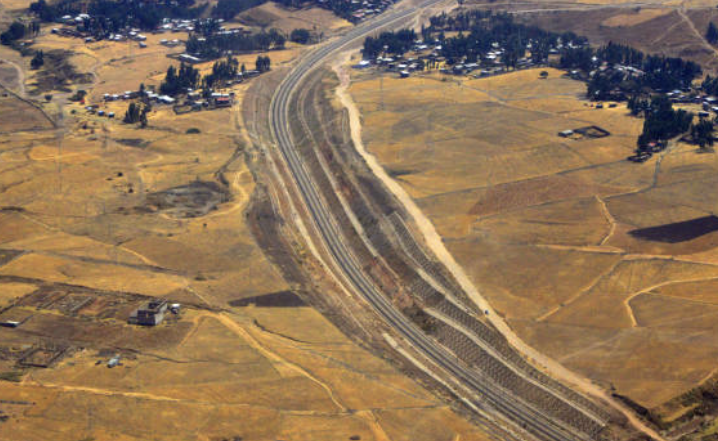
Posted on Wednesday, October 30, 2024
1. Understand Ethiopia's Import Regulations
Ethiopia has specific import regulations overseen by the Ethiopian Customs Commission. Importers must follow procedures that include providing the correct documentation, registering with Ethiopian authorities, and securing necessary permits. Key documents for importing machinery include:
2. Find Reliable Suppliers and Transport Logistics
Sourcing reliable suppliers with experience in international trade can simplify the import process. Suppliers who have worked with Ethiopian importers may be familiar with requirements like special packaging, documentation, and customs needs.
Transporting roll forming machines requires choosing a logistics company that offers specialized heavy machinery shipping. Look for a provider that understands Ethiopian port protocols and has experience with customs clearing at entry points like the Port of Djibouti (often the gateway for Ethiopian imports).
3. Plan for Import Duties and Taxes
Ethiopia imposes import duties on various goods, including machinery. These duties can vary, typically calculated based on the machine’s CIF (Cost, Insurance, and Freight) value. Roll forming machines generally fall under capital goods, which may have special considerations, but duties might still apply. Familiarize yourself with:
4. Ensure Compliance with Ethiopian Standards
The Ethiopian Standards Agency (ESA) oversees machinery standards and ensures compliance with safety and operational guidelines. Roll forming machines must meet safety and technical standards, and you may need an ESA certificate for importation.
For safety, the ESA often requires imported machinery to have clear labeling, safety features, and operational documentation. Before shipment, consult the ESA for the latest standards on industrial machinery.
5. Currency and Payment Method
Ethiopia has strict foreign exchange regulations. Confirm payment terms with your supplier, and ensure they accept a payment method compatible with Ethiopian banking regulations. Often, a Letter of Credit (LC) through a reputable Ethiopian bank is a preferred method for securing international transactions. Plan the currency exchange process in advance to avoid delays.
6. Prepare for Customs Clearance and Final Delivery
After arriving at a port, generally in Djibouti, the roll forming machine will go through customs clearance. Hiring a local customs broker familiar with Ethiopian import procedures can expedite the process. They will help with:
Following customs clearance, arrange secure and reliable transportation from the port to your facility.
7. Factor in Installation and Maintenance Needs
Finally, plan for the installation, setup, and maintenance of the roll forming machine once it arrives. If specialized assembly or calibration is required, ask the supplier about technician availability, either on-site or remotely, to ensure smooth operations post-delivery.

Used Purlin Roll Forming Machines for Sale Worldwide
Posted on Sunday, January 25, 2026
Pre-Owned Roll Forming Machines for Purlin & Structural Steel Profiles

Used Roof Panel Roll Forming Machines for Sale Worldwide
Posted on Sunday, January 25, 2026
Pre-Owned Roll Forming Machines for Roofing Panel Production

Used Roll Forming Machines for Sale Worldwide
Posted on Tuesday, January 20, 2026
Pre-Owned Roll Forming Machines with Inspection, Verification & Global Support

Steel Coil Supply for Roll Forming Machines Worldwide
Posted on Tuesday, January 20, 2026
Reliable Steel Coil Supply for Roll Forming, Fabrication & Manufacturing Applications
Copyright 2026 © Machine Matcher.